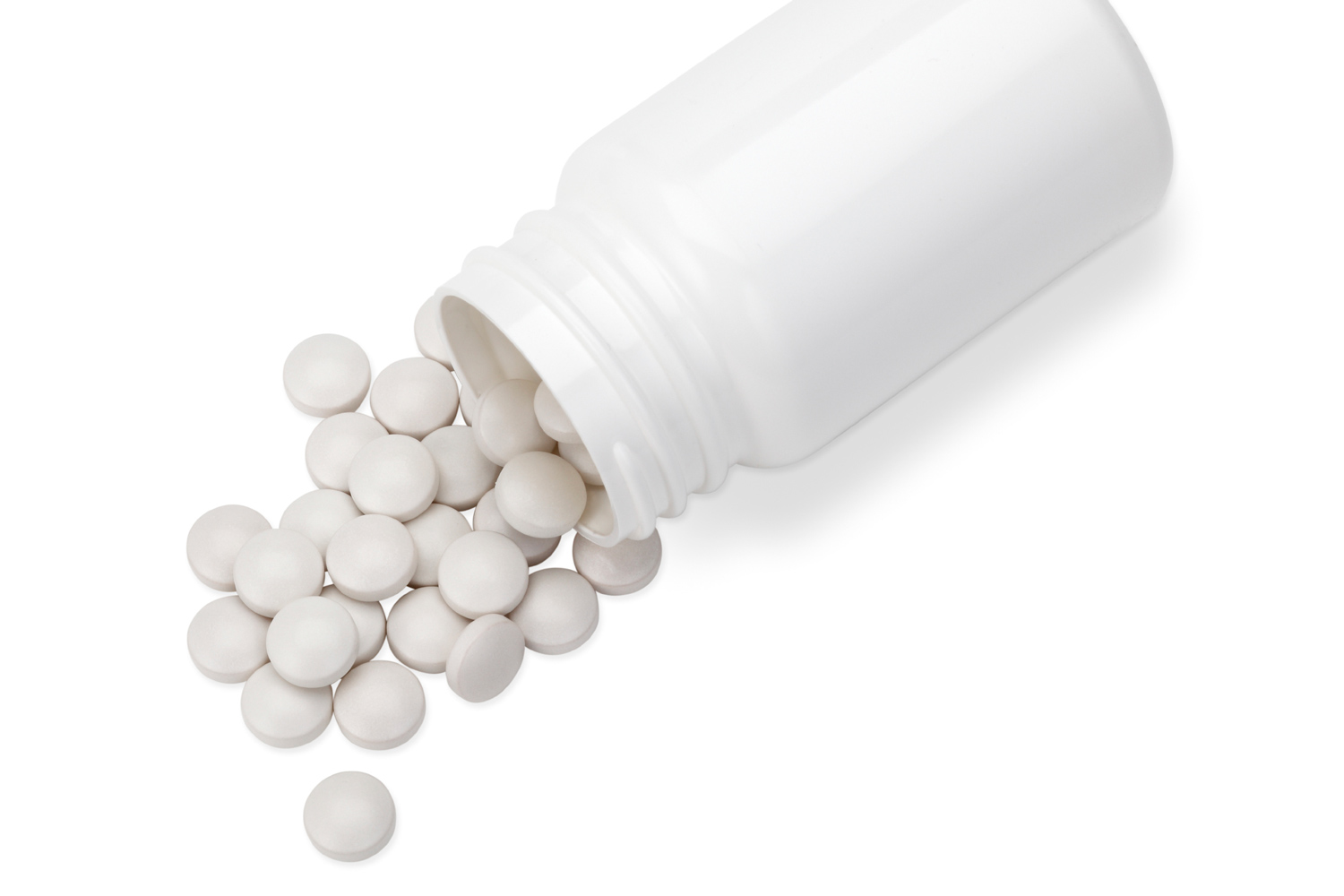A recent document by Dr. JoAnn Manson has suggested that vitamin D should be supplemented using high doses which is contrary to other current movements that have questioned the usefulness of measuring the level of vitamin D.
Although some studies on nutritional supplementation using vitamin D have not revealed any obvious health benefits (probably due to errors, such as prescribing treatments with low doses of vitamin D), there are numerous studies that have shown that low levels of vitamin D is related to a multitude of diseases and the ageing process itself (cancer, diabetes, osteoporosis, cardiovascular disease etc.).
Neolife medical management
Age Management Medicine debate: nutritional supplementation with vitamin D, yes or no?
Every day that passes we receive a large amount of medical and scientific information concerning many of the actions we carry out daily as part of our Age Management Medicine. This is a avant-garde (state of the art) medicine and we base our treatments on the most recent scientific literature and therefore our position is somewhat different from the approach of other clinics that elect to adopt classical, official medicine. This is normal. The MP4 (4Ps), Preventive, Proactive, Predictive and Personalized Medicine, is not a medicine that can be applied to the entire population: as the name suggests the medicine is personalized. Consequently, many of the diagnostic tests and treatments that we prescribe are not regularly used in curative medicine. However, there is an increasing amount of information being prepared by clinical medicine that is orientated towards the approach we have been implementing as part of our Medicine of the 4Ps for a number of years.

The debate over vitamin D is a clear example. A recent document by Dr. JoAnn Manson (professor at Harvard Medical School) published in Medscape (1), has highlighted the future of vitamin D monitoring and supplementation. The question is whether or not the level of vitamin D should be measured routinely (25 OH Colecalciferol) and if so whether the levels should be supplemented using high doses. The article in Medscape has generated more than 220 comments from the health community, which reflects the intense interest shown in this topic by academics and medical professionals alike.
There are dozens, if not hundreds, of observational studies that correlate low vitamin D levels with cancer, diabetes, osteoporosis, cardiovascular disease, hypertension, depression, dementia and other age-related diseases; however, the double-blind, randomized, controlled and cross-over studies that have been conducted do not seem to shed any light on the question of whether or not we need to supplement our diets with vitamin D to prevent these diseases in the future (2). As a result, the health authorities have refused to recommend that people attend appointments for routine vitamin D monitoring and continue to limit supplementation doses to very low levels. We have already discussed in a previous article on the Neolife blog (3) that the reason for such low doses is nothing more than a mathematical calculation error; however, the health authorities appear reluctant to recognize their own mistakes and change their position accordingly. Many of us have stressed that these double blind, randomized and controlled studies do not observe the benefits of vitamin D simply because they are poorly planned and executed: they use very low doses of vitamin D over an intensely short period of time focusing on specific population groups and/or patients. As a result it is difficult to argue that significant changes would be expected during these studies.
Despite the doubts surrounding treatment of the general population – it is clear that vitamin D is an essential element in personalized Anti-ageing Medicine programs.
In her writing, Dr. Manson emphasizes the differences between applying recommendations to the general population and the attitude of the doctor in a private consultation with a patient taking into account their personal characteristics where one could argue treatment with high doses of vitamin D is necessary. There are two interesting expressions: “A good doctor must prevent disease” and “many patients suffer the consequences of complacent doctors”. We should not be satisfied to simply apply general recommendations from the health authorities and refuse to measure vitamin D levels, particularly when you consider the financial restrictions placed upon health authorities.
Surely in the not too distant future we will see how the results of large double-blind, randomized and controlled studies with high doses of vitamin D reflect what observational studies have been saying for many years.
At the Neolife anti-ageing medicine clinic we measure vitamin D levels and where appropriate supplement these levels with high doses (4) to ensure the values of excellence are maintained. Once these levels have been reached, we then readjust the doses downwards and continue to monitor the patient’s plasma level over time.
BIBLIOGRAPHY
(1) https://www.medscape.com/viewarticle/853373
(2) Hansen, K., Johnson, E., Chamber, K et al. “Vitamin D Insufficiency in Postmenopausal Women, a Randomized Clinical Trial”. JAMA Intern Med. 2015;175(10):1612-1621. doi:10.1001/jamainternmed.2015.3874.
(3) https://www.neolifesalud.com/blog/por-que-hay-que-tomar-altas-dosis-de-vitamina-d/
(4) https://www.neolifesalud.com/blog/vitamina-d-y-alzheimer/
